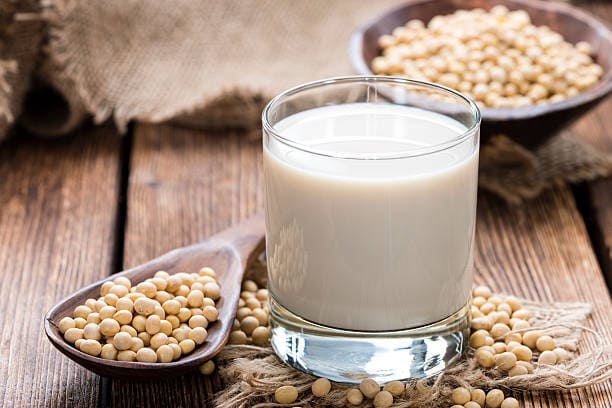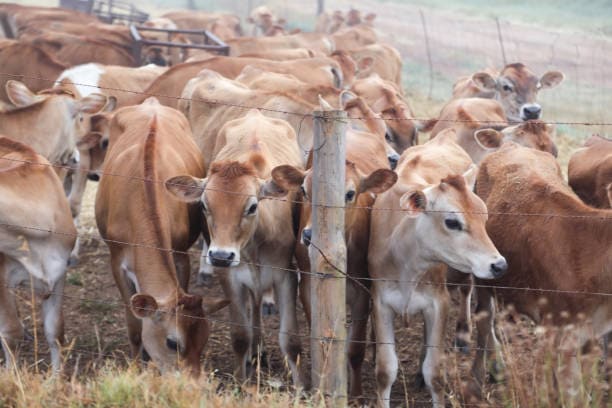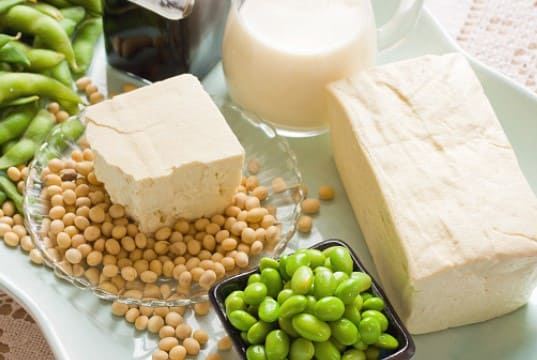fbq('trackCustom', 'view_shop_gear'); var trackEvent = 'shop_gear'; Do you want to make café-style drinks at home…

Ordinary milk, commonly from dairy cows, goats, or sheep, has been used for ages by man as a source of food. For most animals, milk is food for the young ones, except humans, who consume it way to adulthood.
The milk from dairy is a complete food for the growth and development of a young animal. It contains all the essential amino acids – the protein building blocks your body cannot make for itself – and a complex mixture of fats, carbohydrates, vitamins, and minerals, including calcium, phosphate, and vitamin B12.
On the other hand, soy is equally a complete food for the growth and development of soy plant seedlings. The nutritional requirements of plants and animals are diametrically dissimilar, and the difference in soy and milk fundamental contents is proper in their spheres.
All these said, we are on to the greatest concern of this article, which is to tell you why soy is a better option than milk. You must have heard it in nutritional talks and healthy lifestyle debates, or sometimes your doctor may have recommended it as a switch to soy milk. The reasons for reconsidering your intake of ordinary cow milk and replacing it with non-animal milk, of which U.S. soy milk edges past the rest, are myriad health concerns that consumers of animal products are predisposed to.
Here is why soy milk is a better option than milk:

At the top of recommendations by medical practitioners to cancer patients is the need to have a robust and quick review of their nutrition habits, with the chief need to reduce or eliminate animal products. And, because it is not a scientific debate, most doctors will not tell you much about the “why,” and because we know they mean well, we do it anyway.
Many studies have been increasingly piling evidence on the link between dairy products and cancer.
According to research carried out by a group of scholars titled “Effects of dairy products, calcium and vitamin D on ovarian cancer risk: a meta-analysis of twenty-nine epidemiological studies,” published in The British journal of nutrition, women with the highest intake of whole milk and lactose increased their risk for ovarian cancer, compared with those who consumed the least. Another research conducted by Loma Linda Health University revealed that drinking just one glass of dairy milk could exacerbate your risk of developing breast cancer. Other studies are equally creating excellent links with prostate cancer.
On the other hand, Soya is found to be cancer-protective and comes out at the exact need of those who need to reconsider dairy due to cancer risks. A 2016 study by Messina discovered a reduced risk of breast cancer by a significant percentage of women who consume soy foods.

Human beings remain the few species that consume milk in their adulthood.
Most animals forget about milk when they get to their maturity. Unlike babies, most adults cannot digest lactose, the critical ingredient of dairy milk.
While ignorant of its cause, many dairy consumers may suffer from bloating, stomach cramps, and diarrhea. Such symptoms are evidence of lactose intolerance.
Switching to soy milk would be helpful and healthier for those suffering from lactose intolerance.

One global challenge that keeps on increasing is human and animal diseases.
In 2015, Santman-Berends and others researched to estimate clinical mastitis incidence per 100 cows per year based on routinely collected herd data.
The result was a 32% chance of suffering from mastitis. Milk from diseased cows will transfer the same diseases to human consumers. Some of the recommended solutions to the mastitis problem is using antibiotics on dairy cows, which is not costless.
Milk from animals on antibiotics has antibiotic residue, one of the causes of antibiotic resistance. In this situation, bacteria in the body undergo mutation and become hard to be dealt with with the same antibiotic. To avoid such risks, soy milk would be a great option to introduce to your shelf. There are no such risks; when taken temperately, they have no notable concerns.

If there is an argument that makes many ignore all the potential red flags with dairy milk, it is the nutritional argument. It is significant to note that while soy and cow milk contains almost the exact quantities of complete protein (estimated at 3.5g per 100g), soy does not have saturated fats and cholesterol found in milk. This makes soy milk more calculated to enhance a healthy body.
However, it is essential to note that soy does not naturally contain vital vitamins B12 and calcium in milk. Is this an argument against soy milk?
Most brands of soy milk are fortified, meaning they have elements of vitamin B12, calcium, and iodine, thus supplementing the lack. Other nutrients that are more abundant in milk, like zinc, can be easily augmented by plant products making it unnecessary to cling to milk as the only source.
There are many reasons soy milk ranks past cow milk, which concerns your health. The decision to replace ordinary dairy with soy milk is, therefore, a great decision that will improve your health and protect you from all the challenges that come with milk.
However, you must be careful to find supplements for essential nutrients like vitamin B12 and zinc to ensure you don’t lack all the vital nutrients for your well-being.